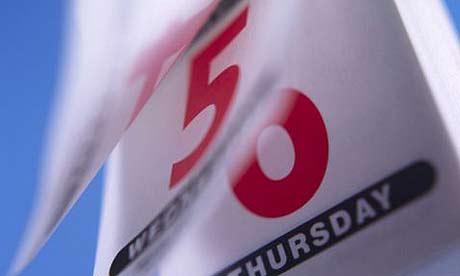
When it comes to tax concessions they are few and far between these days. So it is important that if you plan on saving or investing that you look to utilise your Individual Savings Account (ISA) allowance each tax year. So…..
What is in ISA
- An ISA is a savings account/investment wrapper which is almost entirely exempt from any form of tax
What can you save or invest in an ISA?
ISAs can be used to:
- save cash, just like a savings account - the interest will be tax-free
- invest in shares or funds - any capital growth will be tax-free and there is no further tax to pay on any dividends you receive
How much tax will you save?
Interest from savings:
- if you pay tax at the basic rate, outside an ISA you would usually pay 20 per cent tax (2009-10) on your savings interest
- if you pay tax at the higher rate, outside an ISA you would usually pay tax at 40 per cent on your savings interest
- if you pay the 'saving rate' of tax for savings, outside an ISA you would pay tax at 10 per cent on your savings interest
Dividend income:
- if you're a basic rate taxpayer inside or outside an ISA you pay tax at 10 per cent on dividend income; this is taken as a 'tax credit' before you receive the dividend and cannot be refunded for ISA investments
- if you're a higher rate taxpayer you would normally pay tax on dividend income at 32.5 per cent; in an ISA you won't get back the 10 per cent dividend tax credit element of this, but you will save by not having to pay any additional tax
Capital Gains Tax (CGT) savings:
If you make gains of more than £10,100 from the sale of shares and certain other assets in the tax year 2009-10 you would normally have to pay CGT. However, you do not have to pay any CGT on gains from an ISA. (But losses on ISA investments can't be used to reduce CGT on gains from investments outside the ISA.)
Can anyone pay into an ISA?
To pay into an ISA you must be:
- a UK resident - with two exceptions: Crown employees, such as diplomats or members of the armed forces, who are working overseas but paid by the government; and their husbands, wives or civil partners
- 16 or over for a cash ISA
- 18 or over for a stocks and shares ISA
An ISA must be in your name alone; you can't have a joint ISA. (source direct.gov.uk)
So, if a married couple used their individual ISA allowances each tax year you can see that in 10 years time they could have combined ISA portfolios worth in excess of £200,000 (and that’s assuming no investment growth and no increase in the annual allowance) Any income or capital gains generated by their portfolios would be tax free (except the withholding tax on dividends)! If they were both high rate tax payers, for example, the cumulative value of the tax savings mentioned above would be huge!. The good news is that they could keep funding ISAs ad infinitum, assuming the tax laws didn’t change, so moving more and more of their wealth into a tax free bubble.
KERRRCHING!!!